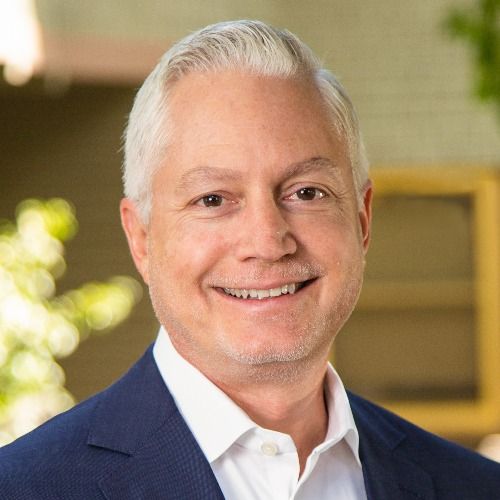Episode 14
The Current State of Capital Markets with Luke Donahue
In this episode of the Real Estate Wealth Podcast, host Ed Aloe speaks with Luke Donahue, Senior Vice President at Colliers. Their discussion traces a decade of changes in the real estate capital markets, highlighting significant shifts from the post-GFC (Global Financial Crisis) era to the unprecedented rate hikes of recent years. They dissect the rise in interest rates and its detrimental effects on short-term bridge financing and examine how the reluctance of lenders to foreclose on properties adds complexity to the current market.
Listen this week as Ed and Luke break down the implications of these changes on real estate financing and investment strategies.
Quotes
"The Fed was late to react to the policies that they had put in place to react to the pandemic. And the Fed started raising rates, call it early 2022, and has been unprecedented." -Luke Donahue [04:03]
"The majority of the deals that I'm seeing, the bulk of the risk is in the common equity. We certainly are seeing deals where values are underneath the last dollar of the existing loan. That's not uncommon. I just think it's more common where those loans are close to where market values are at today.” -Luke Donahue [17:30]
Takeaways
- Evolution of Capital Markets: The development of financial markets from post-GFC low liquidity to the pandemic-induced aggressive inflationary environment has significantly influenced multifamily financing strategies.
- Bridge Debt Predicament: The rapid increase in interest rates has drastically affected short-term bridge financing, leaving many high-leverage deals underwater or at breakeven.
- Lender Strategies: Current market strategies include lenders opting for extensions and modifications rather than foreclosures, often requiring borrowers to purchase expensive rate caps.
- Preferred Equity's Role: Preferred equity has become more prevalent in capital stacks, adding complexity but also providing avenues for sponsors to manage troubled assets.
- Agency Involvement: Freddie Mac and Fannie Mae continue to be crucial in providing liquidity and stability through consistent underwriting and support for affordable housing.
Timestamps
(00:01) Multifamily Financing Trends and Market Insights with Luke Donahue
(02:52) The Evolution of Capital Markets from GFC to Post-Pandemic
(10:40) Lenders Opt for Loan Modifications Over Foreclosures in Current Market
(20:07) Challenges of Loan Extensions and Interest Rate Caps
(24:19) Strategies for Managing High-Leverage Bridge Debt Amid Market Shifts
(30:29) Loan Extensions Delay Expected Financial Distress Until 2026
(36:10) Implications of an Inverted Yield Curve on Recession Predictions
(41:22) The Stability and Impact of Fannie Mae and Freddie Mac
(49:29) Navigating Interest Rate Uncertainty in an Election Year
(54:10) Navigating Real Estate Markets and Future Economic Outlook
Connect


